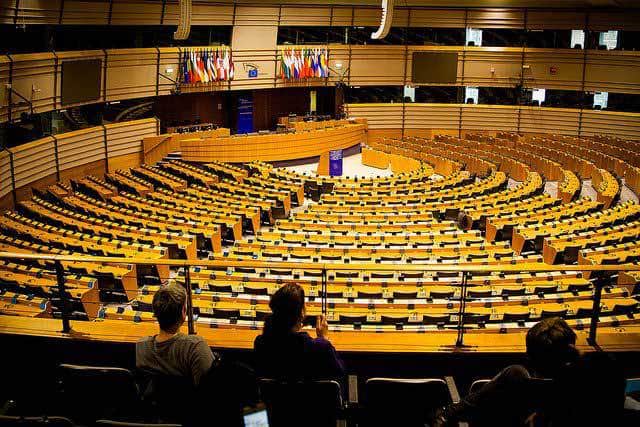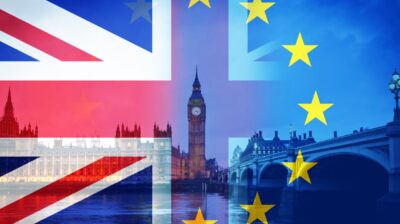The European Union and its institutions
There are quite a few institutions within the EU.

The European union plays a significant role in the every day lives of its citizens. However, a lot of people don't really understand how it works – that's understandable, it can be confusing, but it doesn't need to be.
A good place to start is with the very structure of the EU, its institutions. This post will outline the 7 institutions, what they do and their relationship to each other.
The European Commission
- It's the European Commission's job to propose laws, implement decisions made and do the day-to-day running of the EU. There are 28 commissioners, one per member state, and a president.
- The president is proposed by the Council of the EU and elected by the Parliament. The remaining Commissioners are appointed by the Council but must be approved by the Parliament.
- The Commission has the most power when it comes to legislation, as they propose legislation and it then goes to the European Parliament and the Council to be debated and for amendment proposals before it is passed. The Commission is the only institution that can propose legislation.
The European Parliament
- The European Parliament is the only democratically elected institution in the EU. It is made up of 751 MEPs directly elected from the 28 Member States every 5 years and a president elected every 2 and a half years.
- The number of seats per state depends on the size of that state (Ireland currently hold 11 seats). The European Parliament has legislative, budgetary and supervisory powers. Under Ordinary Legislative Procedure, the European Parliament, working alongside the Council, debates and votes to pass legislation proposed by the Commission.
- MEPs can join political groups within the EU and a lot of their work in done in committees which focus on specific policy areas in the EU.
- The Parliament works in 24 official languages with translators to ensure all members can understand what's being said!
The Council of the European Union
- The Council of the European Union is made up of government ministers from the 28 Member States. Which ministers attend a council meeting depends on the topic of discussion (for example, a discussion on agriculture would involve Ministers of Agriculture from the Member States, a discussion on foreign affairs would involve Ministers of Foreign Affairs, etc.). For this reason it's sometimes referred to as the Council of Ministers, or sometimes just the Council.
- The presidency of the Council rotates between Member States every 6 months. The Council plays a role in legislation, taking on board proposals from the Commission, accepting amendments to this proposal from the European Parliament and then the legislation is voted through.
The European Council
- The European Council is made up of all the heads of state or heads of government of the 28 member states, as well as the President of the Commission and their own President of the Council. Their meetings are usually referred to as 'summits', and they consider the general direction that should be taken and how the EU should respond to certain political situations.
European Central Bank
- The ECB is the central bank for the euro. Its job is to decide on monetary policy for the Eurozone and to make sure the euro is stable. It is made up of an Executive Board, a Governing Council and a General Council, as well as a president.
- The Executive Board do the day-to-day running and implementation of policy, while the Governing Council make decisions and the General Council work as a transitional body between states that use the Euro and states that don't.
The Court of Justice of the European Union
- Based in Luxembourg, the Court of Justice is the judicial authority of the European Union and its role is to ensure that European laws and treaties are implemented in Member States, and also to interpret European law.
- Sometimes, it is confused with the European Court of Human Rights and the European Court of Justice, which are not European Union institutions.
European Court of Auditors
- Also based in Luxembourg, the Court of Auditors, made up of one member from each of the Member States and a president, has the task of auditing the accounts of all EU institutions.
Want to learn more? Visit the EU website






